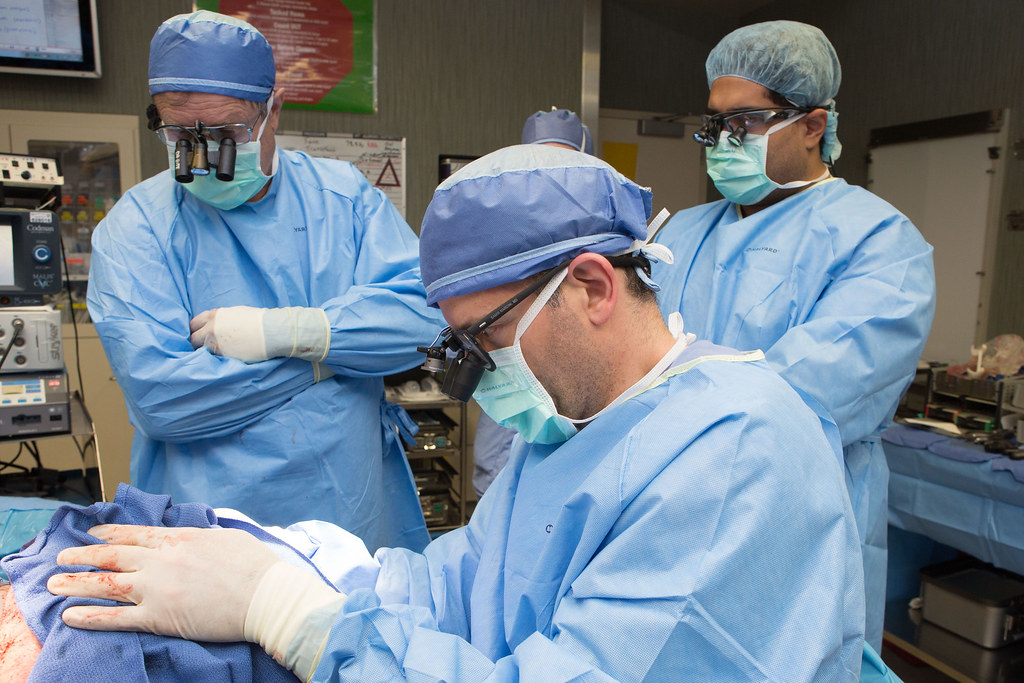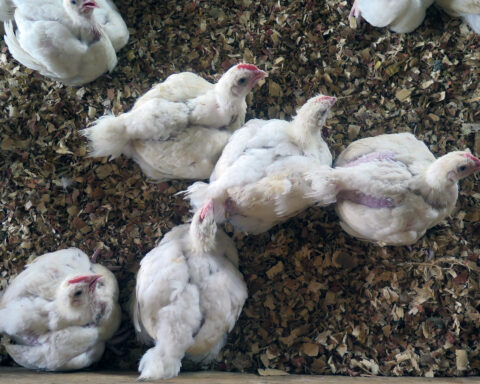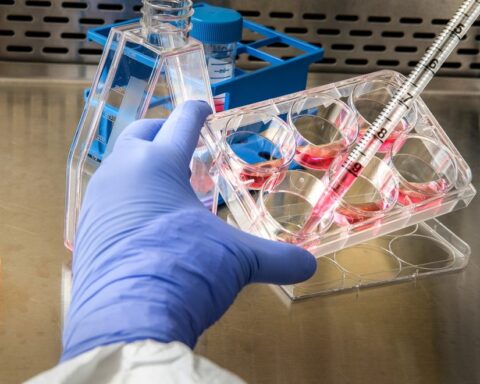If you would have told us that the year 2022 would be the year of the first pig-to-human heart transplant, we’d likely believe you because at this point in our lives anything can happen. Yet, here we are. Looking at a scientific marvel and something that could transform the lives of countless people.
Scientifically named Xenotransplantation, which consists of using the cells, tissues or organs of various species, has been in the works for many years now but made more advances recently with the arrival of CRISPR-Cas9 genome editing. This advance allowed for researchers to develop organs from pigs that were able to withstand the human immune system. Despite the initial FDA shut down of a clinical trial in humans and wanting to first undergo a separate trial on 10 baboons, a human transplant was put on the table when a Maryland man was desperate for one.
David Bennet, a 57-year-old man, was in need of a heart transplant. While a mechanical heart plant pump and a human transplant are routinely the first two options, those were taken off the table due to an irregular heartbeat and a lack of will to follow instructions. Essentially, facing death, researchers were granted permission to get to work.
A week post-surgery and Mr Bennet is doing well. He will continue to be monitored over time. However, with three specific genes that are usually rejected by the human immune system having been removed from the pig, the hope of it being a smooth and lifesaving procedure is on its way.
What does this say for our future? That potentially the long list of approximately 106 thousand patients who are currently waiting for a transplant could see themselves living new lives one day. While there still needs to be strict caution towards these kinds of procedures, especially to those first volunteers, there is a lot of information and data that can come from this one leap.
At the end of the day, it’s going to be the genetic modifications that need to happen in order to limit immune system rejection. However, we could be seeing specific modifications made to tailor specific organs and recipients. The future of transplants is looking progressive and bright.






